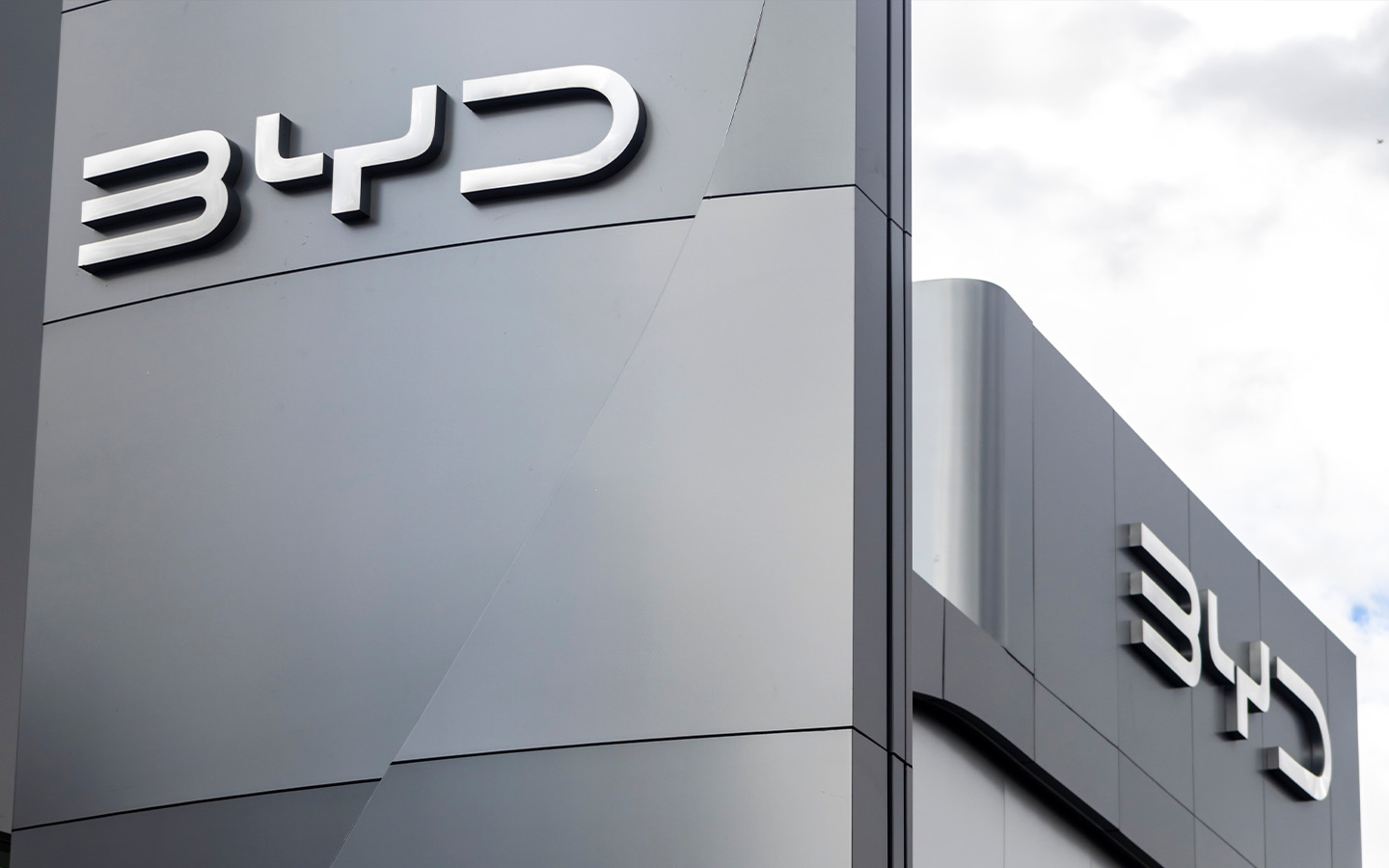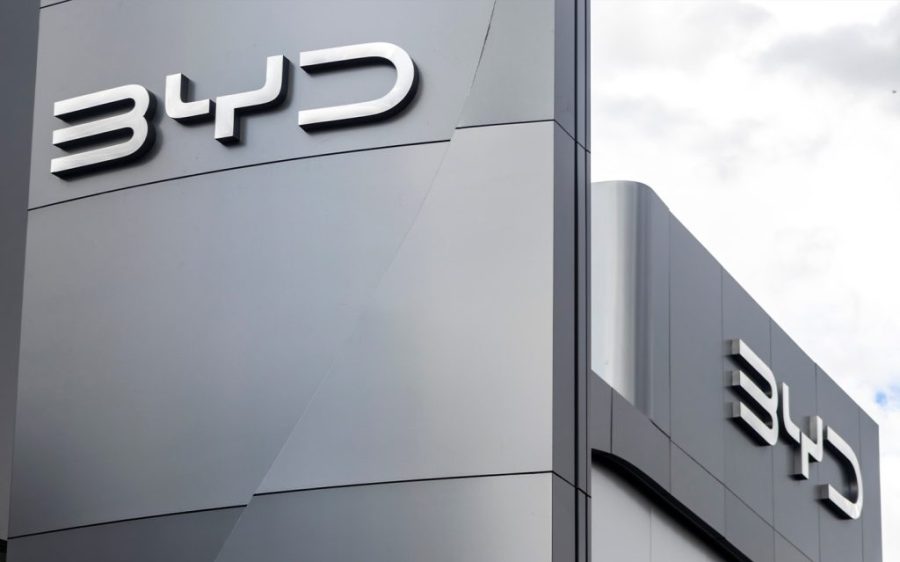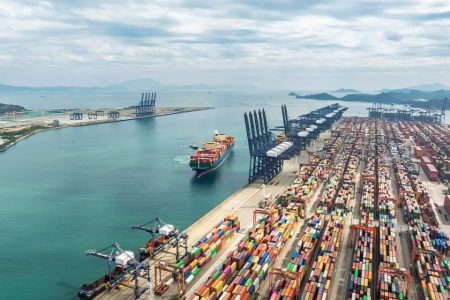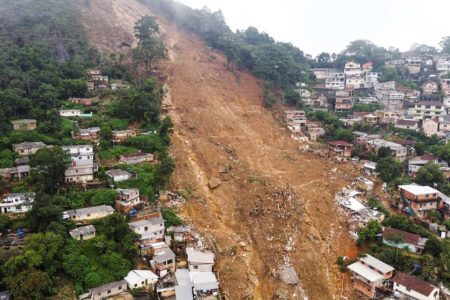Brazilian prosecutors are suing Chinese auto giant BYD, along with two of its contractors, for human trafficking and conditions “analogous to slavery” at the plant under construction in Camaçari, reports AFP.
According to the Public Labour Prosecutor’s Office (known by its Portuguese initials MPT) in the state of Bahia, 220 Chinese workers were rescued from the construction site after the office began an investigation in response to an anonymous complaint made last September.
A 23 December inspection of the site found 163 Chinese workers forced into “degrading working conditions,” and they were removed from the unsanitary barracks by authorities. The workers had slept in bunk beds without mattresses, with as many as 31 people sharing a single bathroom. They often worked shifts that lasted more than 10 hours with irregular breaks.
Brazilian authorities suspected that workers were also subject to “forced labour,” citing evidence of illegal clauses in their contracts, confiscation of passports and the employer withholding as much as 70 percent of their salary. MPT also noted that the workers were monitored by armed guards. BYD Brasil responded to the raid by announcing it had terminated its contract with Jinjiang Group, the contractor accused of violations.
The MPT has now summoned both companies for a 7 January hearing, where it will advise them what measures can be taken to avoid an investigation. According to MPT, the civil suit against BYD, Jinjiang and Tonghe Intelligent Equipment (now called Tecmonta) came after the companies refused to sign a “conduct adjustment agreement” proposed by Brazilian authorities. The office is seeking 257 million reais (US$45.3 million) for “collective moral damages,” as well as individual payments for each worker and fines of 50,000 reais per infraction, multiplied by the number of workers affected.
[See more: BYD has acquired lithium mining rights in Brazil]
A report by non-profit investigative news outlet Agência Pùblica last November detailed harrowing conditions at the site, stories of workers lacking the most basic safety equipment and living in cramped, filthy conditions. It was interspersed with damning photographs and a video documenting the physical violence directed at workers by foremen.
Pùblica described images of workers drinking water from puddles, as there was no drinking water available, something Brazilian workers also complained about. (It was one of the few difficulties shared by both, as Brazilian employees were not subject to the same conditions, working shorter hours with regular breaks, living in their own homes and able to move freely.)
The Brazilian investigative outlet estimated around 470 Chinese workers to be employed at the Camaçari construction site, split between three contractors. Jinjiang Group, responsible for preparing the site, was believed to employ the majority, with around 280 employees. Although Tecmonta is not mentioned in the November piece, recent reporting indicates the company, along with Jinjiang and BYD, ran the five barracks where workers were subjected to appalling conditions.
BYD responded to the suit saying it is committed to upholding human rights and respects Brazilian and international labour protections. It also claimed to be cooperating with prosecutors and said it will respond to the lawsuit in court documents.
Fabio Leal, a deputy labour prosecutor with the MPT, told Reuters that the workers were brought to Brazil illegally and promised better working conditions. All have since returned to China where they will receive any payouts from the Brazilian lawsuit. “Our lawsuit is very well-founded, with a substantial amount of evidence provided during the investigation process,” he said. Leal added that while a settlement is still possible, it would now have to be facilitated through the court.






